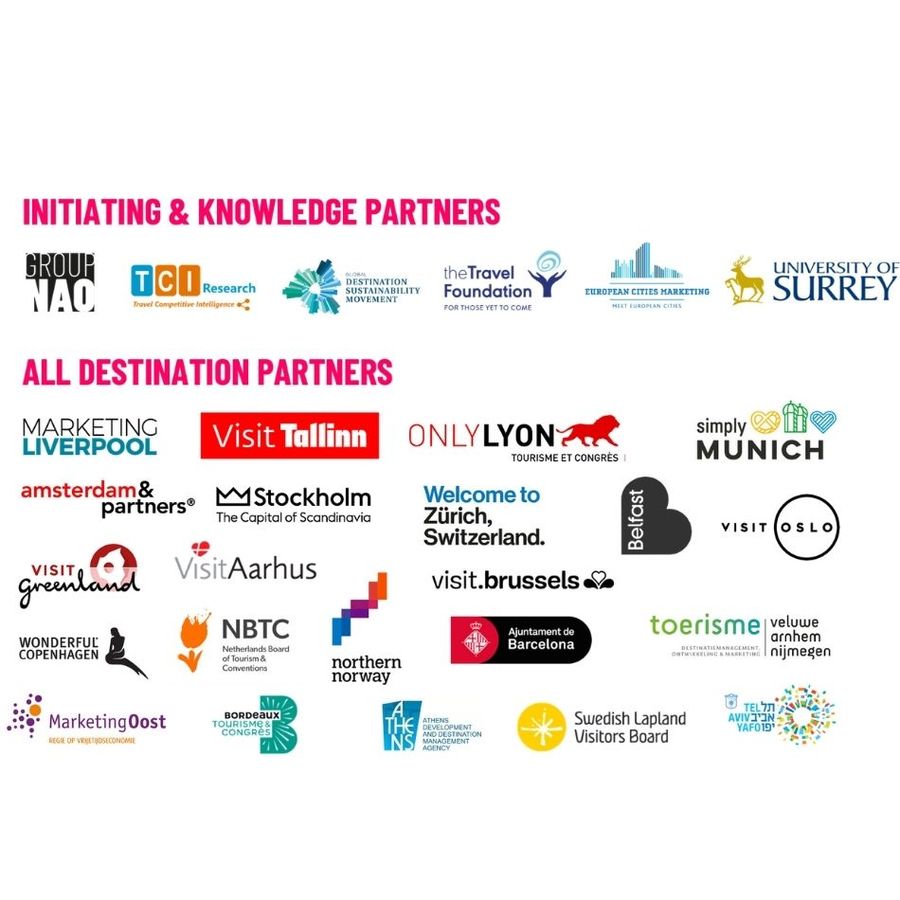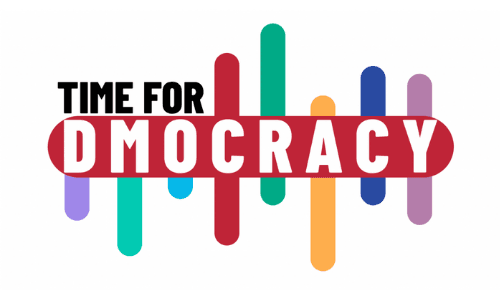Seventeen urban destinations have convened for the beginning of Time for DMOcracy and further roll out is planned across Europe and Asia Pacific and North America in collaboration with Miles Partnership.
DMOcracy is relevant for any destination that wants to empower their local community in the future of tourism and foresees tourism as a means to build better cities and communities. The project will explore citizen activation, the challenges, and imperatives of dialogue, power-sharing and new modes of governance in tourism development.
Objectives
- Uncover the relevance of people-based tourism in the city: Many city agencies and DMOs talk about community involvement. This project will explore best practice and methodologies to put action behind words and engage citizens for better tourism.
- Map citizen participation and involvement in tourism: Existing citizen involvement and participatory models will be mapped in relation to tourism. This will give insight into current approaches and initiate discussions about the role of the DMO and the challenges involved.
- Understand democratic mandate and participation: The project will identify new ways of empowering people-based, democratic tourism development and destination governance, including methods that diversify participation and empower actual influence and decision-making.
- Prepare and upskill the DMO for new modes of governance, and what this means in terms of functions, skills, and accountability.
Why DMOcracy, Why Now?
Unless you are Disneyland, destination marketing is about selling experiences in places where people live. Neither the tourism industry nor the DMO can claim ownership of the destination.
Tourism is a phenomenon in public domain and shared space, the destination is founded on the identity of a place – embodied in the people who call it home. This means that a city can welcome tourism, but tourism can’t claim the city, its resources, culture, people or space. In many ways, the business of tourism requires a license to operate – a destination contract – from the people in the city. We want to identify governance models that build trust and legitimate practice; models that reflect and respect the real ownership of the destination.
In promoting a place where people live, DMOs hold a special responsibility to that place. Destination marketers are not just responsible for attracting more people to the place, but for adding value to it. Coming out of the pandemic crisis, cities are reclaiming their narratives – taking them back from visitors and destination fantasies. This is the time to talk about the democratic imperative of representing identity and values of people and place, adding value to local community.
Destinations are getting ready to welcome back visitors, but the return of tourism to cities is not necessarily met with enthusiasm from locals. We have moved through an era where tourism was increasingly perceived as invasive by residents, to a period of no tourism because of the pandemic. We envisage a time of increased local sensitivity to the return of tourism. Already there are indicators that show resident sentiment will not exclusively pivot to wide-open and hospitable in the hope of fast recovery. Instead, it is likely that we will see visitor-phobia with demands for restrictions and regulation when it comes to inviting tourists back to their cities.
This raises the urgency of a continuous involvement in shaping the long-term legitimacy and sustainability of tourism development in European cities over the coming years. Well-designed resident sentiment surveys are a good place to start, but there is a need to activate the data with open conversation and real involvement and influence on the issues raised.
For years, DMOs have discussed balancing between the role of marketing and management. In finding this new balance, new disconnections sometimes emerge between the main stakeholders of the city’s visitor economy that include:
- Political decision-makers (municipal, regional, national level)
- The commercial tourism industry stakeholders,
- The local community and citizens
The DMO –is often in the no-man’s-land outside of these realms.
Live-ability over visit-ability
The disconnects are potentially worsened by the pandemic crisis. Pressure from industry associations to rapidly regain tourism growth might face opposition from a hesitant local population that seek live-ability over visit-ability.
The success of the DMO is thereby both measured by its ability to ensure continued growth, while balancing the ability to mediate the gaps amongst the stakeholders without the actual mandate to do so.
This threatens the DMO losing support and license to operate from all sides. We believe DMOcracy will build trust, accountability, and legitimacy through popular consensus.
-
Download the white paper here
-
Access toolkits here
Want to participate?
Contact us : info@gds.earth




